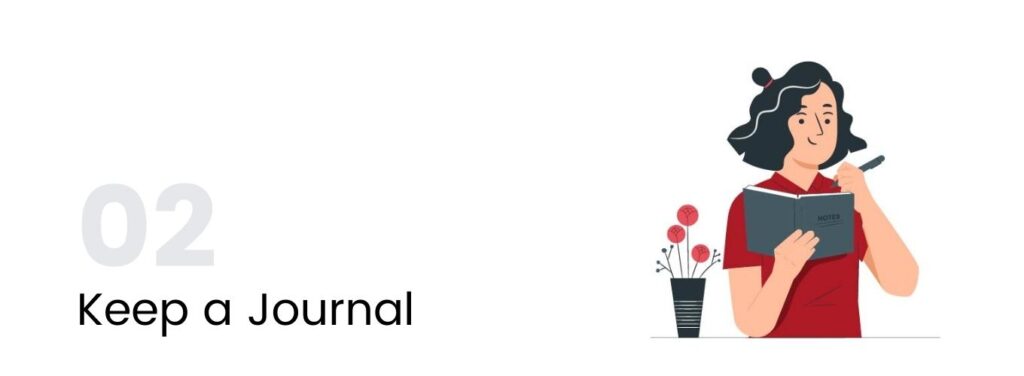blog Trending | 3min Read
Published on March 28, 2022

The internet is exploding with blogs and articles and videos on tips and tricks on how to improve your writing skills. But more often than not, most of these sources talk about incorporating rigid practices like writing in an active voice, polishing your grammar and so on.
And while this definitely is a useful approach, we believe that just as every person is unique, so is every writer. No two writers perceive their world in the exact same way, no two writers can write in the same hard-and-fast manner and no two writers can improve their writing skills in the same rigid fashion. Each writer has a unique perspective waiting to be penned down; and their goal as a writer is to figure out just what is their best way to do so – the best word choices, syntax, tone, mood and more.
So in today’s article, we won’t tell you the usual run-down of pointers to polish your grammar, structure and so on. What we will give you, are 4 ways that can help you discover that unique, budding writer within yourself, and improve your writing skills to your maximum potential.
1. Shut your Mind

Set a timer for 4-5 minutes. Bring out your pen & paper or your laptop. And then, without thinking, just start writing non-stop until your alarm goes off.
This “writing without thinking” is a very common exercise amongst those dealing with a writer’s block. But the other wonderful aspect of this is that it lays your inner writer bare. Devoid of external expectations, formatting and imposed structure, you write based purely on your instinct. Once you are done writing, you are free to explore not only your broad ideas, but also your sense as a writer, and continue to develop it further!
2. Keep a Journal

The first droplet of morning dew settling on the cold winter glass. The muted sounds of traffic through the closed car window. The amalgamating scents of the sweet and the salty at your neighborhood grocery store. Who knows what will inspire whom?
In “Out of the Cradle Endlessly Rocking,” Walt Whitman describes a boy’s poetic awakening upon seeing a pair of birds nesting on the beach. And it is essential to pay heed when these mini “poetic awakenings” happen to you, because they reveal what uniquely inspires you. And having a pocket journal during these times is a great way to note down these thoughts, words, and phrases. Full-fledged stories and poems will eventually come, but it all starts with that one inspiration – and there is no better writing than inspired writing!
3. Use your Voice

Across history, writing has never been confined to paper. Shakespeare’s writings were performed. Homer’s writings were sung out loud. And even today, there are few better ways to test the feel and flow of your piece than a loud reading. Do you want your writing to be conversational? Do you want it to be claustrophobic? Do you want it to be something else?
Ernst Hemingway’s flow reads as generally casual and conversational. James Joyce’s flow, often lacking any punctuation, reads as a stream of unending thoughts. Does the flow of your writing match with its content? Read it out loud to figure out and make the changes as and when you hear them happening.
4. Reading… with a twist.

Don’t like the works of Leo Tolstoy? Have a different interpretation of Emily Dickinson? Great! Hold on to that thought! All our lives, we are made to read in a dictatorial manner. We are told this author is the best, this poem has this fixed meaning, and so on.
But we envision a kind of reading where, first and foremost, you stay true to your inner writer. Read to understand yourself. Which lines stand out for you? Which paragraphs blow your mind away? Which don’t? Reading in this critical manner is a solid way to understand your own writerly tendencies, interests and passions, and use them as a stepping stone for polishing your own unique work.
P.S.
Interested in learning to read and write poetry in a free-flowing, interdisciplinary and non-rigid manner? Check out our one of a kind poetry workshop – Poetry in America – in association with Arizona State University, which also confers you a college credit while in High School! You will learn a plethora of skills in our poetry classes. Apply today.




